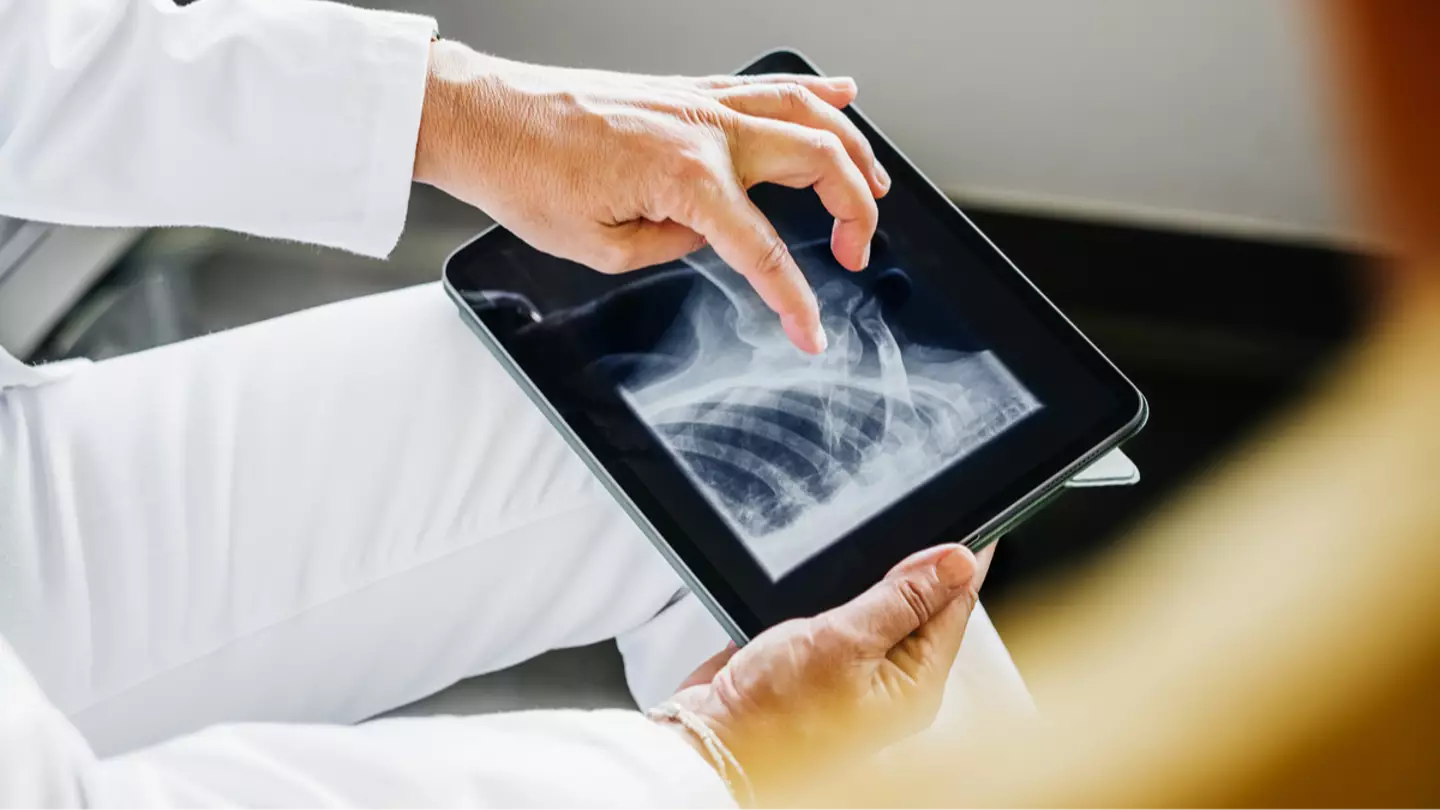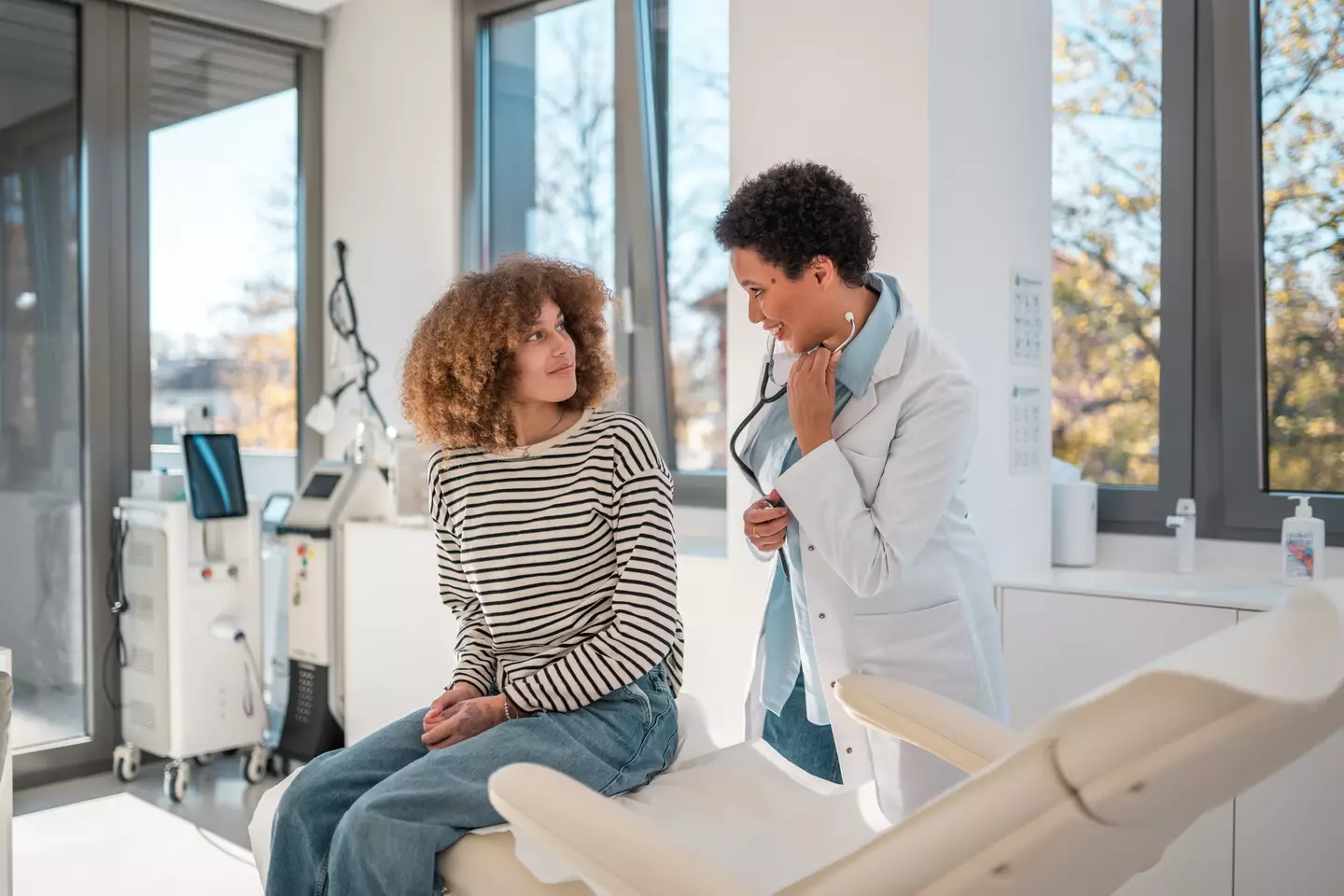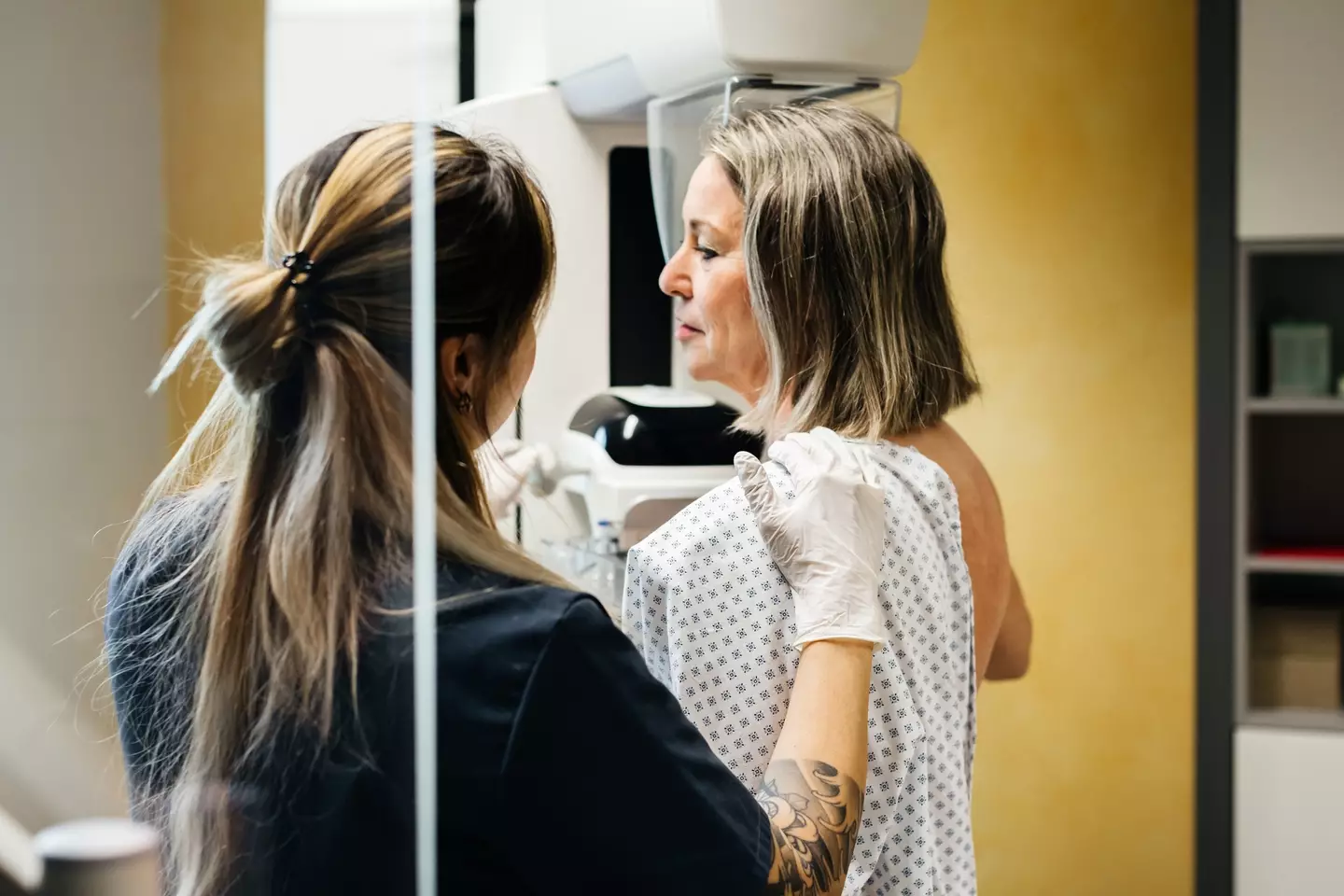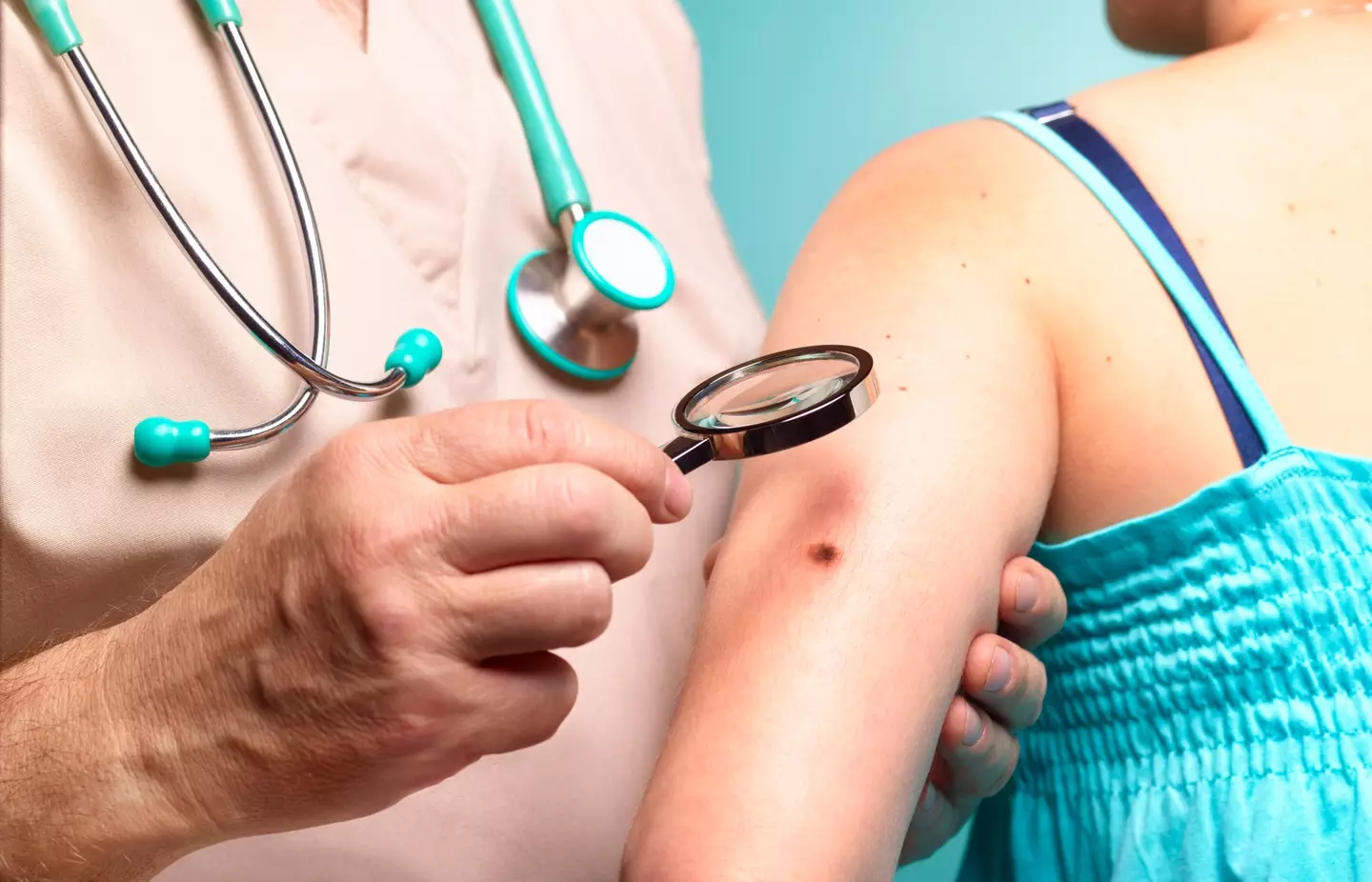
A doctor has revealed the six common cancer symptoms everyone under the age of 50 should be aware of.
Although the risk of cancer increases as we get older, with the average age at diagnosis around 68, doctors have been reporting a dramatic rise of cases in the under 50s.
According to researchers at Brigham and Women's Hospital at Boston, cancer among the younger cohort may be foreshadowing an 'emerging pandemic,' reports Cancer Center.
Of the types on the rise include breast cancer, lymphoma and colorectal cancer, as well as testicular, kidney and pancreatic, and doctors don't know why.
Advert
That's according to Dr Paul Oberstein, a professor of medicine at New York University, who took to the New York Post to reveal the six emerging symptoms that young people should look out for as a possible early sign of the disease.

Weight loss
Losing weight deliberately through diet and exercise is a different ballgame to those who suddenly drop the pounds without any material change to their lifestyle.
Advert
Dr Oberstein said a common symptom among cancer patients is unintentional weight loss as well as feeling full quickly after eating, a change in energy levels and/or changes to sleep patterns.
"These are very general things, and usually they don’t mean cancer, but sometimes they could be the first sign that something is wrong," he said. "The most prominent of these symptoms is unintentional weight loss. Usually, people don’t lose weight without effort."

Night sweats and chills
On the subject of sleep, some nighttime changes like night sweats or unexplained chills 'could be a sign of something brewing in the lymph system, such as lymphoma.'
Advert
The doc says these changes could also 'signal something else' and people should be particularly mindful of any swelling in the glands under the armpits or where the lymph nodes are.
Bowel changes
The doc said there are some bathroom abnormalities that could be a red flag for possible colon cancer.
He wrote: "If the stool looks different — it’s darker, a different caliber or blood is present — that’s a concern."
Advert
"We’ve tracked the colorectal cancer increase in the US and around the world over the last decade. We think the rise is related to environmental and dietary changes, but we have not yet pinpointed the exact cause," he added.

Lumps
Breast cancer is one of the most common cancers in people under 50, accounting for about 30 percent of all new female cancers every year in the US.
Advert
Rates are on the rise overall (by one percent) and 'a little steeper' among women under the age of 50 (1.4 percent), reports the American Cancer Society, with trends suggesting excess body weight, not having children or having a child after the age of 30.
Dr Oberstein says the clearest indicator is lumps, changes in skin color or breast discharge.
Another common increase is testicular cancer, which can be caught similarly from feeling a lump or abnormality in the testicles, which may or may not be painful.

Bleeding
Blood can also show up in various concerning places.
Advert
"For example, blood in the urine can be an early sign of a problem in the bladder or kidneys," the doctor continued. "Vaginal bleeding or bleeding after intercourse could indicate cervical cancer or potentially even endometrial cancer and should be checked out."
The good news, he says, is that cervical cancer has become less common in younger adults.
Skin changes
Cancer of the skin (melanoma) is the most common of all cancers in the US.
Advert
Dr Oberstein warns early signs can be caught through abnormalities in the skin with anything new or changing, which he says should prompt a discussion with a healthcare professional.

How to lower cancer risk
There are ways to mitigate against the risk of cancer, by improving diet, quitting smoking and increasing exercise, the doctor states.
Advert
Doctor's appointments for any concerning systems and cancer screening are also at the top of the list, he adds.
Women under the age of 50 can book for a mammogram to check for breast cancer and a pap smear to screen for cervical cancer.
Meanwhile, anyone aged 45 and over can book a colonoscopy for colon cancer and a prostate cancer screening can also be recommended.
For those with family history of cancer, screening for thyroid and blood cancers can also be booked.
Topics: Cancer, Health, Breast cancer, US News